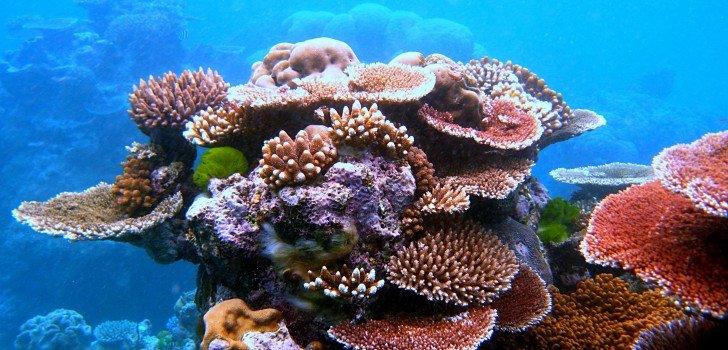Scientists say the world’s already fragile coral ecosystem is at risk of bleaching from increased temperatures which are being exacerbated by human-fueled climate change.
The bleaching has already hit reefs in the Caribbean, Pacific and Atlantic. Scientists at the US National Oceanic and Atmospheric Administration (NOAA) warn it may kill over 12,000 sq km of reefs, affecting over 38% of the world’s reef ecosystem.
The bleaching, which is caused by rises in water temperatures resulting from two natural warm currents, was predicted by NOAA and has now been confirmed by researchers from ocean research organizations XL Catlin Seaview Survey, Reef Check and the University of Queensland.
Bleaching occurs when corals under stress drive out color-giving algae known as zooxanthellae. Although the corals can recover if normal conditions return, the healing process can take decades.
Professor Ove Hoegh-Guldberg from the University of Queensland says, “Just like in 1998 and 2010, we’re observing bleaching on a global scale, which will cause massive loss of corals. With people relying on fisheries and reefs for sustenance, the repercussions could be potentially disastrous.”
The Secretary of the International Society for Reef Studies, Professor Rupert Ormond says, “Although corals may live for several days after they bleach, they then usually die. They may recover – but only if the sea temperature drops within a week or so. Mostly it takes much longer, so the reef ends up covered with dead corals, especially on its upper parts.
“The reefs may slowly recover if new coral colonies come in from outside, but this may take years or decades. I know coral reefs in Kenya that lost most of their corals in 1998 and they still only have a few percent of the corals once there.”
The worst case scenario is that spectacular reefs are unlikely to survive changes in temperature and pH by the end of this century. That is, if they’re not killed off first by other damaging local activities like overfishing, pollution, damage from boats and ships, tourism and sedimentation.
An NOAA spokesperson says that damage to the world’s coral reefs also has serious financial consequences. He says the livelihoods of 500 million people and income worth over $30 billion are at stake.
Stay Connected